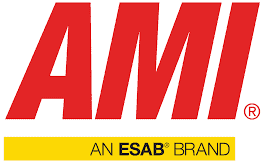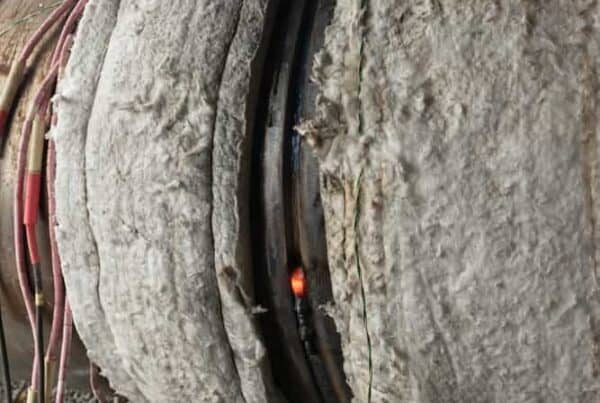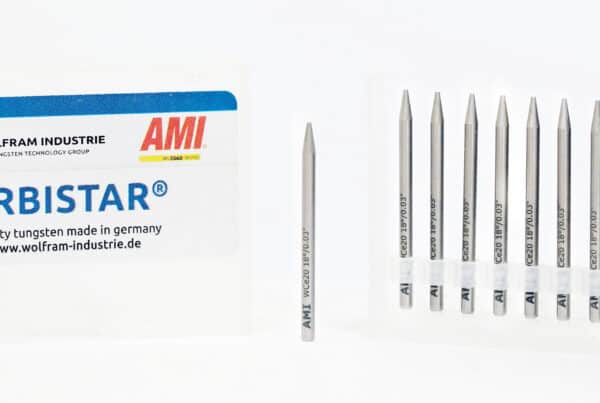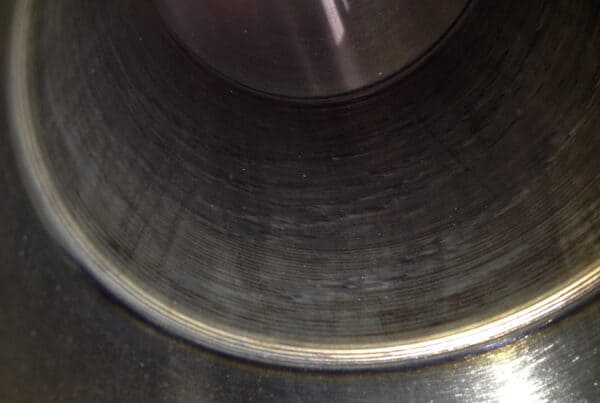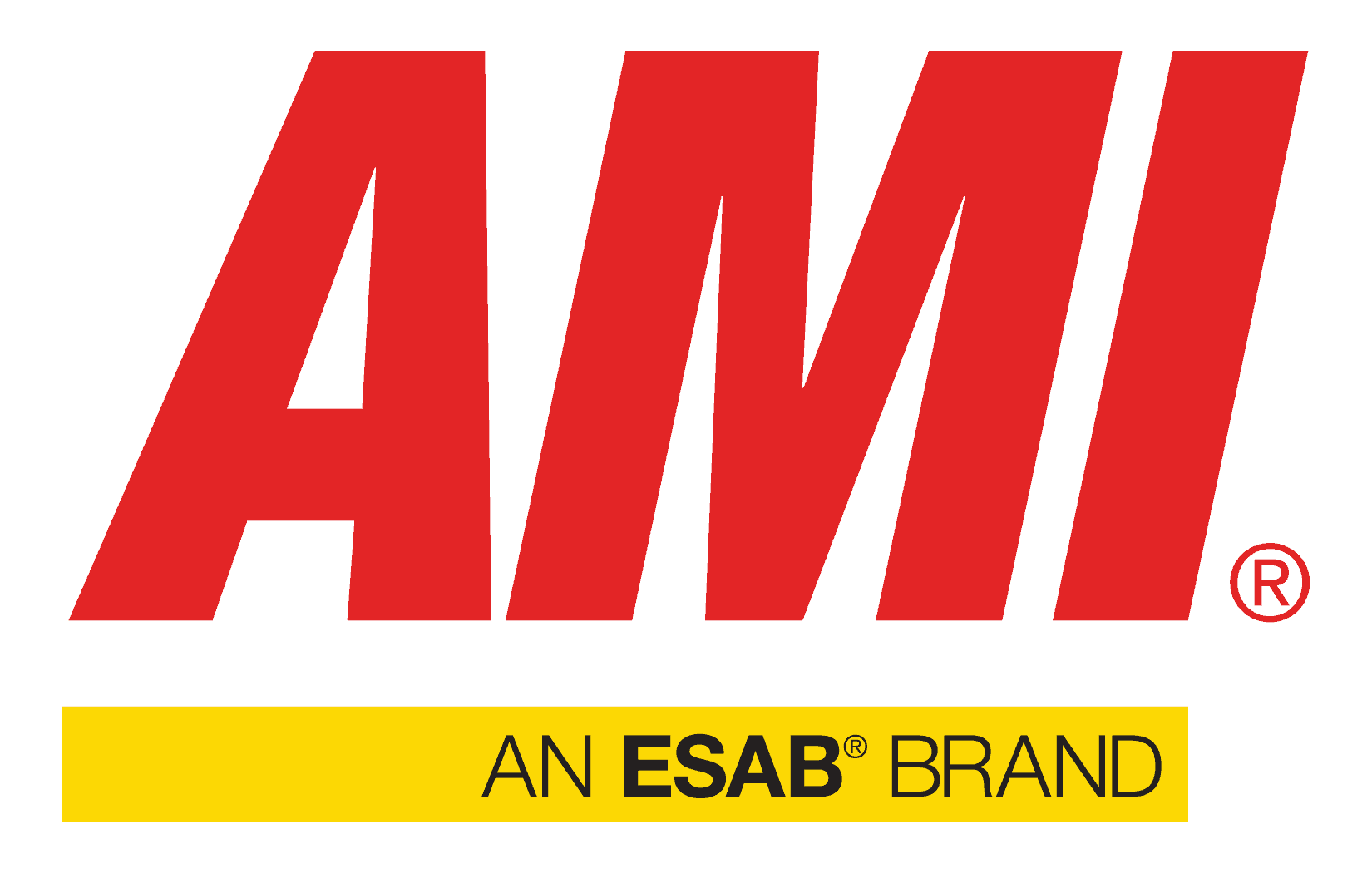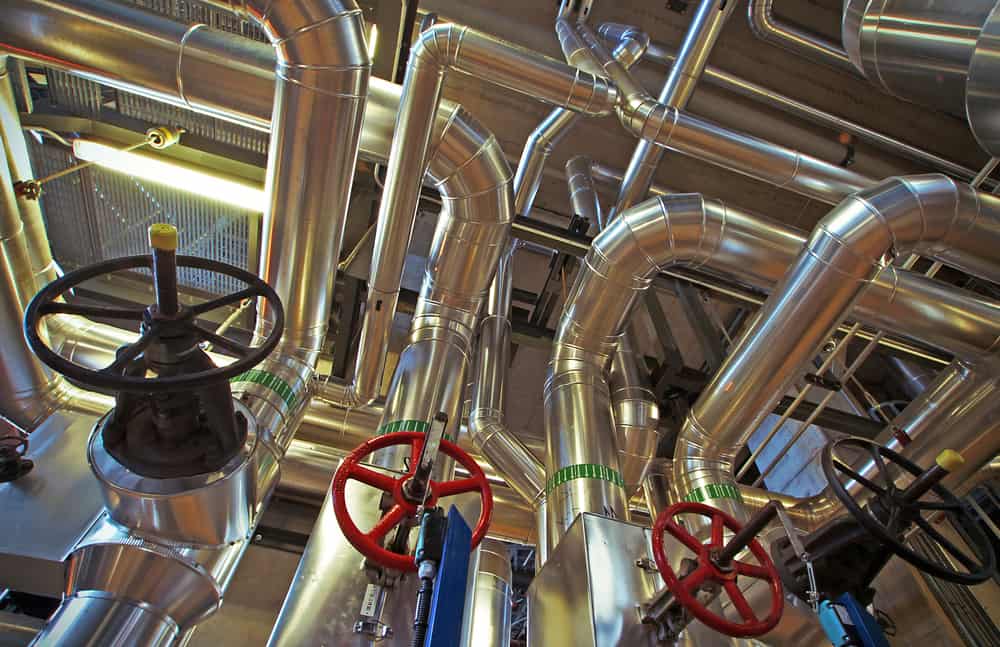
The Roman aqueducts, the earliest of which were constructed over two millennia ago, are considered to be one of the greatest engineering marvels for transporting water from a remote source to a location where it could be effectively used. More recently, the Colorado River Aqueduct received similar acclaim for delivering much-needed water to the state of California during the Great Depression. Today, the need to move not only water, but also other fluids and gases, is a continual challenge that drives industry.
Piping and tubing make it possible to transport fluids and gases, and a major threat to pipes is the surrounding environmental conditions as well as the properties of the liquid or gas it carries. For external systems, this primarily means corrosion and extreme temperatures. In industrial plants, where highly pressurized pipes are sometimes used, resistance to thermal expansion and oxidation are required, in addition to strength and malleability due to space constraints. Pipe or tubing that carries a corrosive liquid or gas will need to resist corrosion that would weaken the pipe. To address all of these challenges, a cladding process lays down another metal or alloy onto the surface of the pipe’s base material. This enhances the capabilities of the base material or substitutes for the lack of a required characteristic. The nickel-copper alloy Monel® has been used as cladding for many years and is still in use today. We’ll discuss why that is and what is involved in the Monel cladding process.
Why Choose Monel for Cladding
The first thing to know about the Monel® cladding process is when and why to choose this alloy. A number of corrosion-resistant alloys (CRAs) are available, including Inconel® and Incoloy®. However, not all of these alloys resist corrosion in all conditions; each is resistant to corrosion by some kinds of substances and not by others. Therefore, care must be taken when choosing pipe cladding materials for your project.
Advantages of Monel Cladding
Monel refers to a group of alloys whose primary metals are nickel (as high as 67 percent) and copper. They also contain manganese, carbon, silicon, and iron to a much lesser extent. Monel was developed by Robert Crooks Stanley in 1905 and has been used in many applications and industries since, including aerospace, petroleum and shipbuilding. The inherent properties and characteristics of Monel make it ideal for pipe cladding.
Characteristics of Monel
- Excellent corrosion resistance, including to seawater and many acids
- Good malleability
- Resistance to thermal expansion
- Resistance to alkalis
- Can be used for internal and external applications
- Can be used in marine applications
Monel is typically used in high-end applications where resiliency under extreme conditions is mandated. Monel is used to transport highly corrosive chlorides for chemical industry applications and can be used for underwater vessels; however, isolation from steel is required to avoid galvanic corrosion due to electrolytic activity in seawater. Monel also retains its shape in the presence of the high temperatures generated by aerodynamic friction, enabling its use for high-altitude flight vehicles. Its resistance to the corrosive effects of alkalis, even at boiling point temperatures, make it a good choice for oil production and refining operations. Taking advantage of these protective properties of Monel requires that a high-quality, effective cladding process be used.
When to Use Monel Cladding
Much like the Inconel® cladding process, the Monel® cladding process for pipe or tube is a procedure for permanently attaching an overlay of Monel alloy to a base material to protect a tube or pipe from external environmental conditions or the properties of the product inside it.
Monel may be the perfect solution to your pipe cladding needs if it is implemented in situations that leverage its strength and malleability, while avoiding applications where its particular chemical composition is a disadvantage. The table below gives a few basics regarding when and how to best use Monel.
| USES OF MONEL | DO | DON’T | |
| Use in contact with steel for seawater applications | ✔ | ||
| Use zinc, iron or aluminum as fasteners for outdoor installations | ✔ | ||
| Use for indoor industrial applications | ✔ | ||
| Use when strength/malleability are primary requirements | ✔ | ||
| Clad using automatic welding process (e.g. orbital GTAW) | ✔ |
Choosing a Monel Cladding Process
Applying Monel weld overlay cladding is not a typical welding operation. Instead, it requires expertise and the right equipment. For example, to apply cladding using a manual weld process you will likely need the following:
Conventional Cladding Apparatus
- Column and boom
- System control unit
- Cross slide assembly
- Turntable
- Welding positioners
- Arc control unit
- Power source
- Power supply
- Welding torches
- Coolant
- Operator pendant
Even with the equipment listed above, the process is time-consuming and can place a great deal of strain on the welder. There are alternative pipe cladding methods, such as hot rolling, powder metallurgy, and an explosion bonding process. However, each of these methods has drawbacks, such as being limited to certain uses or to less demanding industries. An automated weld cladding overlay method is efficient and provides the precision and consistency necessary for high-specification projects without the need for a highly experienced welder.
Orbital GTAW is the most versatile and cost-effective Monel cladding process for specialized applications. It can be used to clad pipe and tubing for demanding industries such as shipbuilding, oil and gas, and aerospace, and eliminates the issues associated with manual pipe weld cladding.
Arc Machines, Inc. has the experience, expertise, and equipment you need to perform Monel cladding to specifications that will meet or exceed your application requirements. For inquiries regarding products, contact sales@arcmachines.com. For service inquiries, contact service@arcmachines.com. Arc Machines welcomes the opportunity to discuss your specific needs. Contact us to arrange a meeting.
